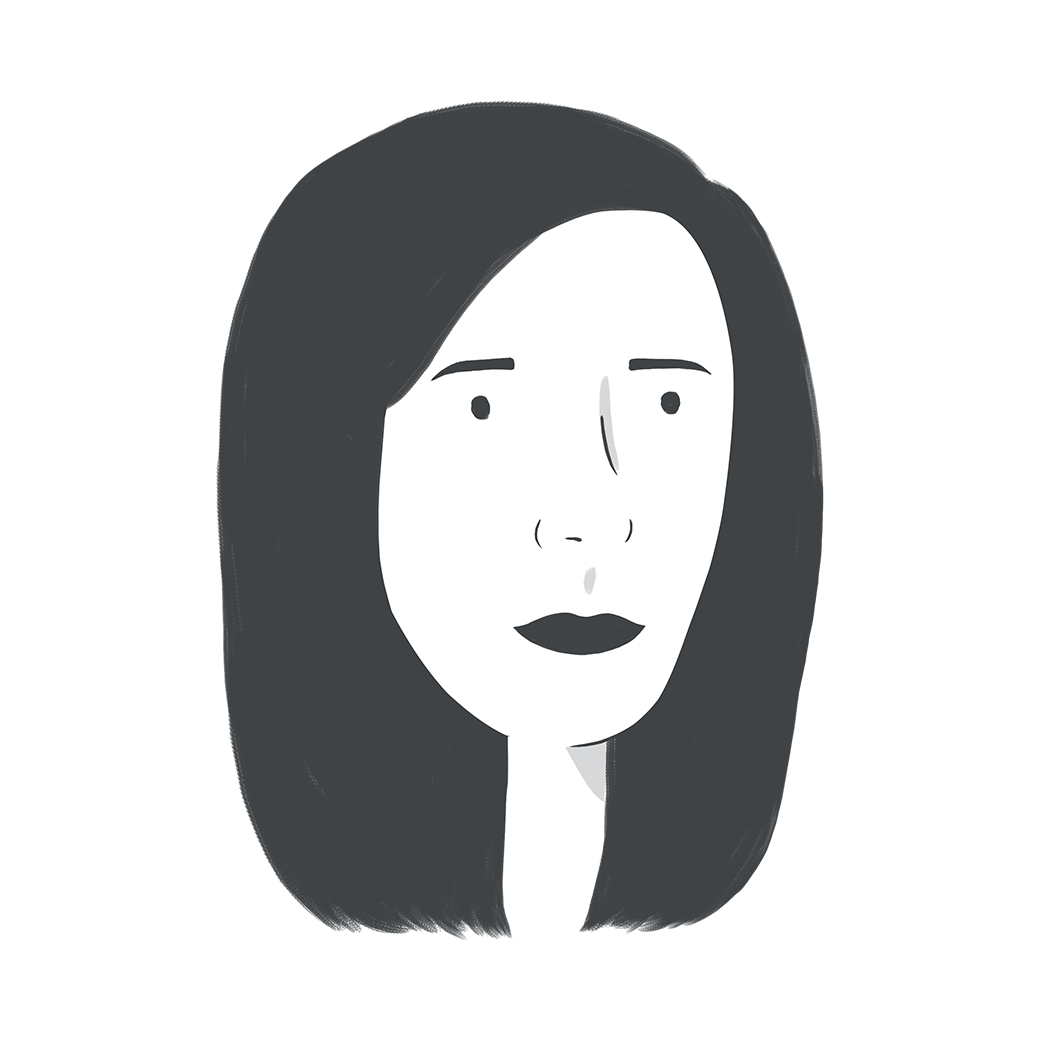For some, working in the creative industry can be a contributing factor in their struggles with mental health, but for others, it can present itself as a welcome remedy. This is something that rings true with the face of artist PILLARS, who tells us her story of how working and creating in the music industry has become her own personal form of therapy.
She describes herself as a dark electronic artist whose music tells of her personal experiences with mental health, notably her journey through anorexia.
“Having always suffered with varying degrees of anxiety, I was diagnosed with Anorexia in 2015. Anorexia was something I had been secretly struggling with since 2013.
“Since opening up about my personal struggles I have received huge amounts of support from friends, families and professionals – something I would never have thought possible during my internal battle.”
For PILLARS, her work has had a huge influence on her recovery, but she’s not afraid to admit that working in such a fast-paced industry doesn’t have its flaws.
“I believe the creative process my music requires is a form of personal therapy; but the existence I have within the creative industries can sometimes be challenging.
“The music industry in particular is a difficult industry to work within – this applies to administrators, managers, songwriters; corporate and independent – it’s a competitive and fast paced industry. It’s not always easy but with the core of my work helping me through my mental health issues, it feels almost necessary to be a part of.”
As well as her work, she tells us of the professional help she’s sought in her experience with anorexia. Despite the somewhat unnerving thought of having been ignored in the first instance, she praises the help she eventually received.
“I have had professional help from the NHS. At first, I was very apprehensive approaching medical professionals. Having been misdiagnosed and ignored previously by the NHS, addressing my Anorexia was a scary concept. I thought I'd be disheartened in being turned away but when they realised my condition was critical they were, and still are, thoroughly supportive. I've gained so much more respect for the NHS since having used the service as much as I have in the past three years.”
So it seems the combination of professional help (once her condition was acknowledged), and her own personal form of therapy, the future looks that bit brighter for PILLARS.
“I plan to continue creating my music as it’s the main thing that helps me cope. I still struggle with my mental health but I truly believe art can overcome stigma and allow others to feel comfortable speaking out about such matters. Using my music in this way feels right and so I try to focus my attention on this rather than the demands of the music industry.”
Due to release her debut EP later this year, it’s a personal piece of work that tells the story of her recovery, with each song having been written at a different stage of her journey.
Speaking of her record, and her advice for anyone going through a similar experience, she adds, “I can’t wait for people to hear it and I am even more eager to reach out to those who may feel they can relate. If I reach out to only one person, all this hard work will have paid off.
“Speak out and speak up honestly. Express what you feel without haste. And most importantly – don’t be ashamed.”
